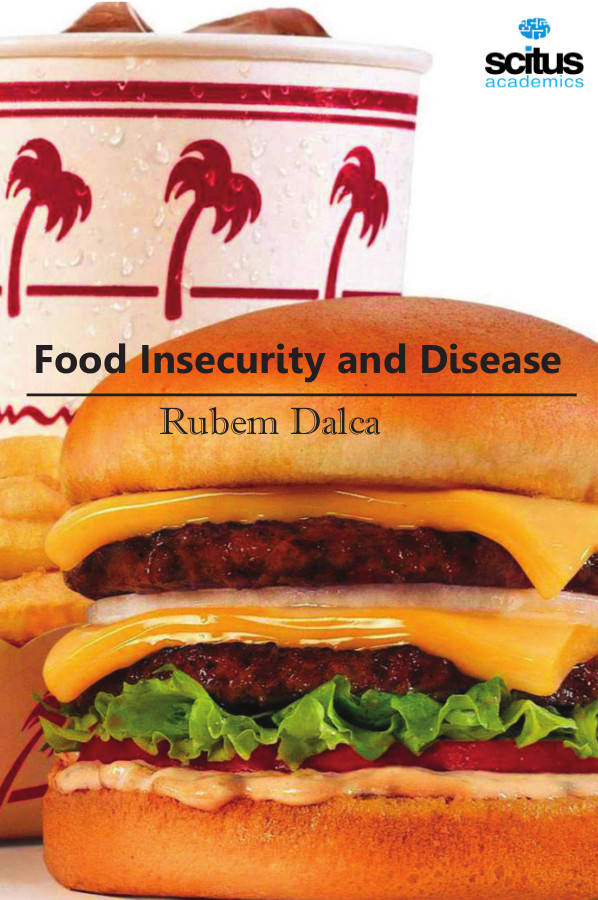Food insecurity is a public health problem affecting both adults and children. Food insecurity and disease are intimately connected. Food insecurity refers to the inability to afford enough food for an active, healthy life. Numerous studies have shown associations between food insecurity and adverse health outcomes among children. Food insecurity among children and adults has adverse health effects, including increased rates of irondeficiency anemia, acute infection, chronic illness, and developmental and mental health problems.
Food Insecurity and Disease summarizes the literature on the link between food insecurity and the following: diet, weight gain, and chronic disease, among children and adults. Presents a framework for considering how the lived experience of household food insecurity may potentiate the development of chronic disease by activating the stress response among individuals at critical developmental periods in a food-impoverished environment. The association between food insecurity and clinical evidence of diet-sensitive chronic disease, including hypertension, hyperlipidemia, and diabetes is examined.
This book contends the need to expand the framing of food security to include not just quantity of food but also its nutritional quality, the wider social context and environmental dimensions. By using such a framing, food insecurity would encompass both a lack of food and a lack of good nutrition. This informative compilation will provide comprehension on these important issues for students, researchers and practitioners in food security and environmental studies.










